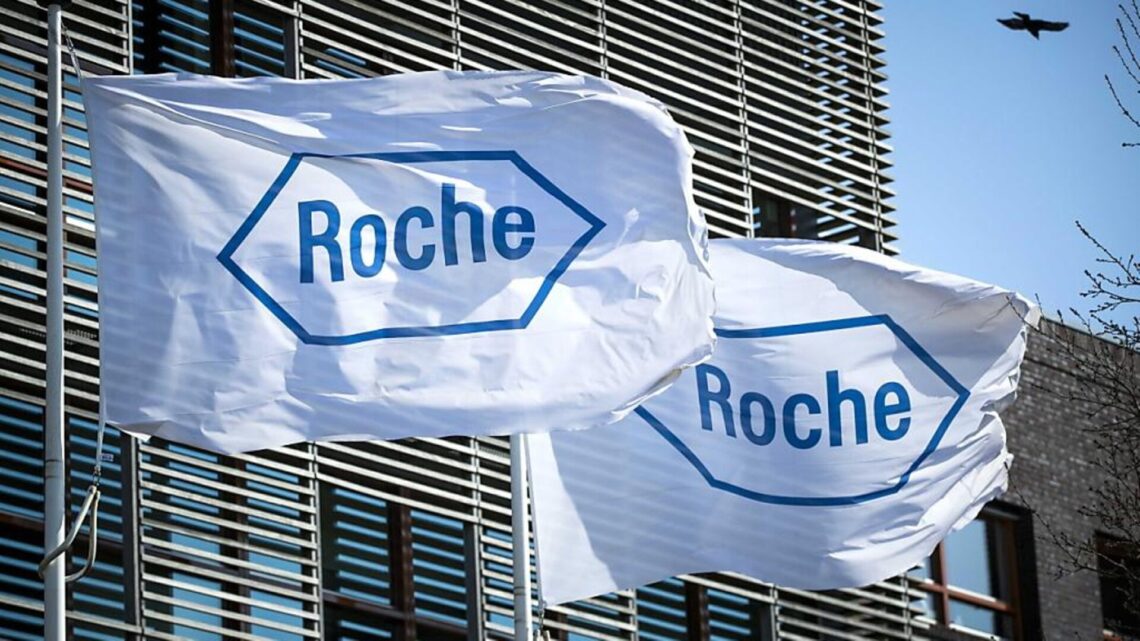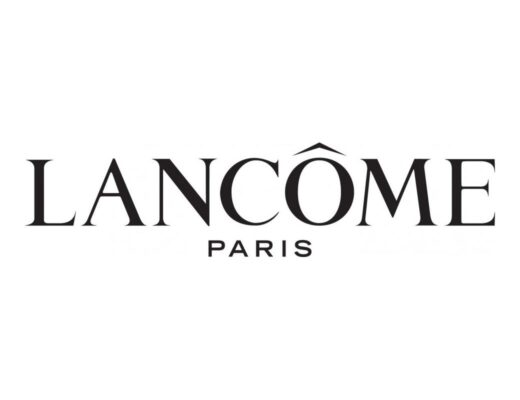Roche’s most significant discoveries
The Swiss pharmaceutical company Roche is one of the world’s market leaders. It has been in business since 1896, when businessman Fritz Hoffmann-la Roche decided to enter the pharmaceutical industry. The company focused on innovative approaches to the production of medicines, and this decision proved successful. Roche products quickly became popular in Switzerland and other European countries.
The next step in the company’s development was the synthesis of vitamin C in 1933, which enabled it to begin mass production. Roche gradually expanded its range of vitamins to include A, K, B and others.
In the 1950s, the company began producing tranquillisers. A little later, Roche specialists developed benzodiazepines. This discovery enabled the company to expand its business into different areas of healthcare. Enterprises for the production of medical instruments began operating in the USA and Switzerland. Specialist publications and a manufacturer of crop protection products also joined the Group. Roche opened several institutes for the development of molecular biology and immunology, as well as a research centre in Japan.
Drugs for the treatment of serious diseases
In 1974 Roche introduced an innovative drug for the treatment of Parkinson’s disease. Roche was awarded the Galena Prize for this invention.
In the mid-1990s, the company began developing anti-tumour drugs. The first was Herceptin, used to treat breast cancer. This was followed by MabThera, which slowed the progression of leukaemia. But it was the antiviral Tamiflu, which reduced flu symptoms and prevented the disease from progressing, that made Roche a household name.
Roche developed an AIDS treatment based on protease inhibitors in 1995. At the time, it was a relatively effective way of keeping patients alive.
It is difficult to overestimate Roche’s contribution to the pharmaceutical industry. Every year, the company invests millions in research and the improvement of existing formulations. In 2018, the company opened a new research centre in Shanghai to develop drugs for hepatitis B and autoimmune diseases. It is also developing a new generation of antibiotics that will be more effective against a range of infections. In 2019 Roche acquired a company that produces medicines for gene therapy. The acquisition strengthens Roche’s position in this promising, high-demand sector.
Roche’s mission is to enter the era of personalised medicine, which will enable the use of individualised therapies for various diseases. This will ensure better treatment outcomes, particularly for complex and rare diseases.










